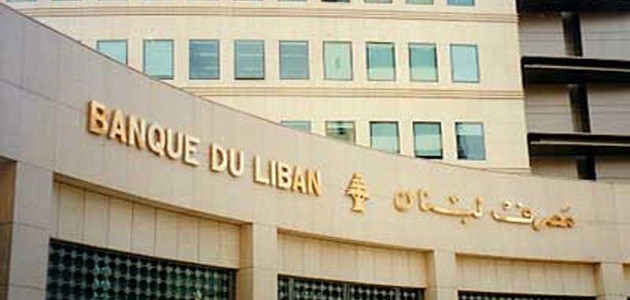Central Bank: Riad Salameh Discusses Surviving The Turmoil
We would like to see a more balanced government budget. The amount of debt is not a problem as long as we are attracting large capital inflows.
Interview with H.E. Riad Salameh, Governor of the Central Bank of Lebanon
Mr. Salameh, thank you very much for having us here today. We would like to ask you a few questions about the Central Bank’s policies and about Lebanon’s economy.
2012 and 2013 proved to be very challenging years for Lebanon. Could you provide our readers with an insight into some of the measures taken by the Central Bank to help Lebanon’s economy, including the Eurobond issue, the sale of the USD 466 million in T-Bills and the planned USD 800 million in economic stimulus that is set for this year.
The war in Syria has had negative repercussions on the Lebanese economy. It has negatively affected our balance of payment and led to a decrease in investment and consumption, especially after some Gulf countries have warned their citizens from traveling to Lebanon. The response from our side was to boost local demand and for that purpose we have launched several initiatives in 2013. The Central Bank has introduced a stimulus package to support loans for housing, education, renewable energy projects, innovative projects, research and development ventures, entrepreneurship and the various productive sectors. The stimulus plan proved to be successful accounting for 1.5% of 2.5% real GDP growth in 2013, based on our forecasts. Additional support of USD 800 million was announced by the Central Bank to maintain this momentum and further stimulate the Lebanese economy in 2014.
Moreover, the Central Bank has issued a circular that encourages banks to invest, in the equity capital of startups in the knowledge sector, up to 3% of their own funds with a guarantee of the Central Bank up to 75% of the investment. An amount equivalent to around USD 400 million will be, for the first time in Lebanon, available to support creativity and innovation.
We also have been keen on maintaining stability in our monetary policy. We have been successful in this. Growth of deposits (around 8% in 2013), along with the previously mentioned incentives, ensures sufficient liquidity in the economy to fund the public and private sectors. 
Despite the recent sovereign downgrade, the demand for and the yield of Lebanese bonds were not affected. However, wouldn’t you say that the mounting government debt is an important issue for the Central Bank?
We would like to see a more balanced government budget. The amount of debt is not a problem as long as we are attracting large capital inflows. The recurrent budget deficit is a worry for us and we have seen an increase in the debt to GDP ratio from 135% to 140% in 2013. This is beyond our control, yet we hope that a balanced budget will be on the top priority of the government.
It appears that the Lebanese banks are ahead in the application of the FATCA in terms of compliance and compared to their European counterparts. What is the status quo on the issue?
The Central Bank has issued an announcement to all banks and financial institutions requesting them to abide by the FATCA. They will be individually responsible to make contact with the US Treasury on this matter. Lebanon is keen on implementing the rules and regulations issued in other countries, as these countries should abide by our laws and regulations when dealing with our banks.
Correct me if I am wrong but the liquidity rate of the Central Bank is 12%
This is the capital adequacy ratio.
There have been some reports that the capital adequacy might be lowered to allow banks to issue larger dividends…
Basel III has set a minimum capital adequacy ratio of 7% and a buffer to protect from risks of around 1.5 to 2.5%. The Central Bank has issued circulars imposing higher requirements of 12% as of 2016. We are still committed to implementing Basel III best practices, but some adjustments that might have to be made will not deviate from the principle of implementing Basel III.
It is the policy of the Central Bank not to intervene with banks’ dividend policies. We only require them to have the proper capitalization, solvency ratios and for the distribution of the capital to be in line with Basel III requirements. We are going to further insist on common equity ratios.
Last year ended on a very low note in terms of GDP, but I believe that the Central Bank and various world entities like the IMF and the World Bank have more robust expectations. What is the Central Bank’s forecast for both mid-term and end of year and what are some of the up sides that might drive the Lebanese economy to a better state?
According to our statistics, real GDP growth for 2013 was 2.5%. This rate is below what is needed for Lebanon, but is acceptable given the political and security situations that we have been witnessing. 1.5% of this growth was achieved due to the stimulus package that we had put in place. The Central Bank does not project yearly growth rates before mid-year due to the volatile situation in the country. Yet it is certain that the economic situation in Lebanon will be enhanced in case of improvement in the political and security environment.
Thank you very much for your time.
You are most welcome.
FAIR USE POLICY
This material (including media content) may not be published, broadcasted, rewritten, or redistributed. However, linking directly to the page (including the source, i.e. Marcopolis.net) is permitted and encouraged.